Michigan Rules 901-903 – Evidence Authentication
Ever wondered how that document or recording made its way into a Michigan courtroom? The answer lies in Michigan Rules of Evidence 901 to 903, which govern the crucial step of authenticating evidence.
This article provides a factual, no-nonsense breakdown of these rules, drawing insights from the official Michigan Rules of Evidence Handbook.
Rule 901: The Key to Admission
At its core, Rule 901 states that before any evidence can be considered by the court, it must be properly authenticated.
This means proving, through sufficient evidence, that the item is indeed what it’s claimed to be. Think of it as verifying the identity of a witness before they can testify.
The rule doesn’t prescribe a specific method for authentication; it simply says there must be enough evidence to convince the judge that the item is genuine. This flexibility provides room for various situations and evidence types.
Unlocking Authenticity: Examples from the Handbook
The Handbook offers helpful examples to illustrate how Rule 901 might be satisfied in practice. Here are a few:
- Witness Testimony: Someone with firsthand knowledge of the evidence, like the author of a document or someone who witnessed a recording being made, can testify to its authenticity.
- Handwriting Analysis: A non-expert familiar with someone’s handwriting can offer their opinion on its genuineness based on familiarity, not just for this specific case.
- Comparison by Experts: An expert, like a handwriting analyst or audio-visual specialist, can compare the disputed item to known authentic samples.
- Distinctive Characteristics: The unique features of the evidence itself, like its internal patterns or specific content, can sometimes establish authenticity in conjunction with other circumstances.
- Voice Identification: Similar to handwriting, someone familiar with a voice can offer their opinion on its identity based on prior interactions.
- Telephone Conversations: Proof that a call was made to a specific number assigned to a particular person or business, coupled with self-identification during the call, can authenticate the conversation.
Have your rights been violated?
Have your driving priviledges been revoked?
Has your professional license been suspended?
Have you been charged with a crime?
Call our office to see if we can help
Komorn Law 248-357-2550
Rule 902: Self-Authentication Shortcuts
Certain types of evidence are so inherently reliable that they “speak for themselves” and don’t require additional authentication under Rule 901. Rule 902 lists these self-authenticating items, including government publications, certain business records, and certificates of marriage or birth.
Rule 903: Skipping the Witness in Certain Cases
Traditionally, written documents often required the testimony of a subscribing witness (someone who witnessed the signing) to be admitted. However, Rule 903 simplifies matters by stating that such testimony is unnecessary unless specifically required by other relevant laws.
Remember: These are just summaries, and the actual rules contain nuances and exceptions. For complex legal matters, consulting with a lawyer is always recommended.
Don't Own an F-16?
Just want your second amendment right back to protect yourself and your family? Call our office to see if we can help.
Important:
This article provides a simplified overview of the Michigan Rules of Evidence for informational purposes only. It should not be interpreted as legal advice. When facing legal matters, always consult with a qualified attorney for professional guidance.
The Michigan Rules of Evidence are subject to change over time. Always consult the latest official version for accurate information.
Here is the link to the Michigan Rules of Evidence Handbook. Check the footer for the latest update.
- You can find the latest versions of these resources on the Michigan Courts website: https://www.courts.michigan.gov/498aa6/siteassets/rules-instructions-administrative-orders/rules-of-evidence/michigan-rules-of-evidence.pdf
Related Articles
No Results Found
The page you requested could not be found. Try refining your search, or use the navigation above to locate the post.
More Posts
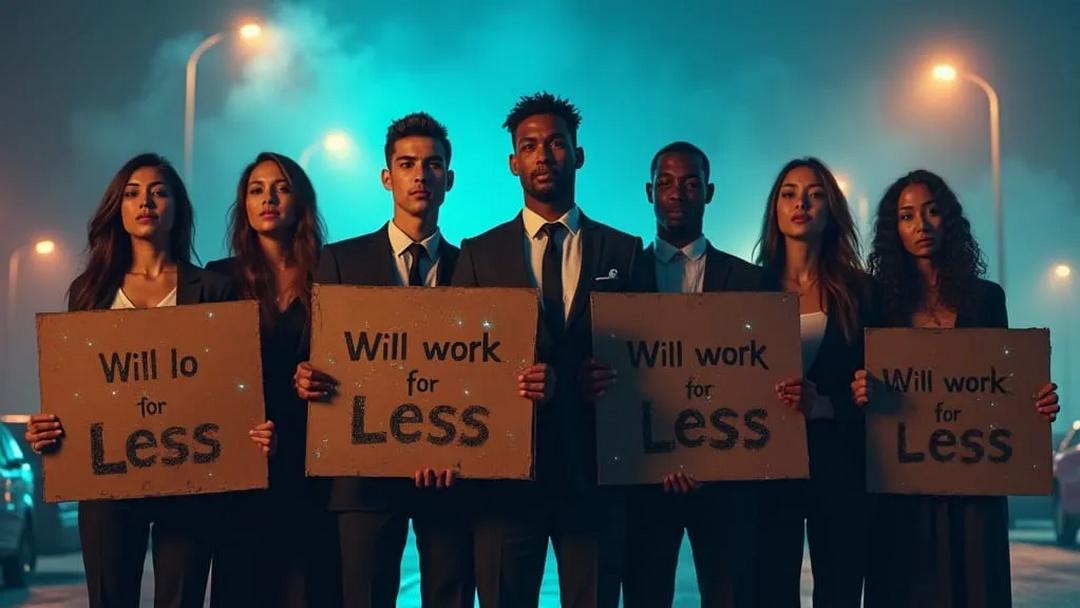
Cleary becomes latest US law firm to add non-equity partners
See you in the Home Depot lot.Oct 10, 2024 (Reuters) Cleary Gottlieb Steen & Hamilton will create a new category of non-equity partners, becoming the latest major U.S. law firm to move away from the traditional single-tier structure in which all partners have an...

MI Court of Appeals – MRTMA defense denied dismissal
Does the Michigan Regulation and Taxation of Marihuana Act protect you in all Marijuana scenarios?The Conflict The central issue in this interlocutory appeal is whether the Michigan Regulation and Taxation of Marihuana Act (MRTMA), MCL 333.27951 et seq., prevents a...
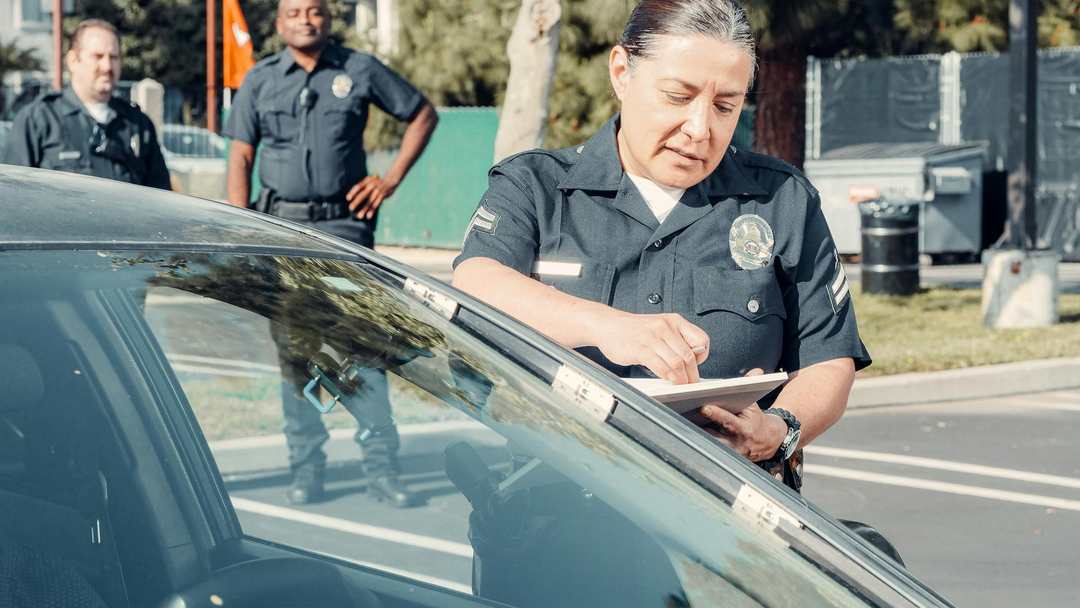
The “Automobile Exception” in Michigan law
The "automobile exception" in Michigan law allows police to search a vehicle without a warrant if they have probable cause to believe it contains evidence of a crime.This exception is grounded in the idea that vehicles are inherently mobile, meaning evidence could be...

The search being challenged was triggered by the odor of cannabis
The case People of Michigan v. Freddie Wilkins III (No. 367209) revolves around a legal challenge regarding the search of a vehicle without a warrant.Police conducted a warrantless search under the "automobile exception."The case People of Michigan v. Freddie Wilkins...
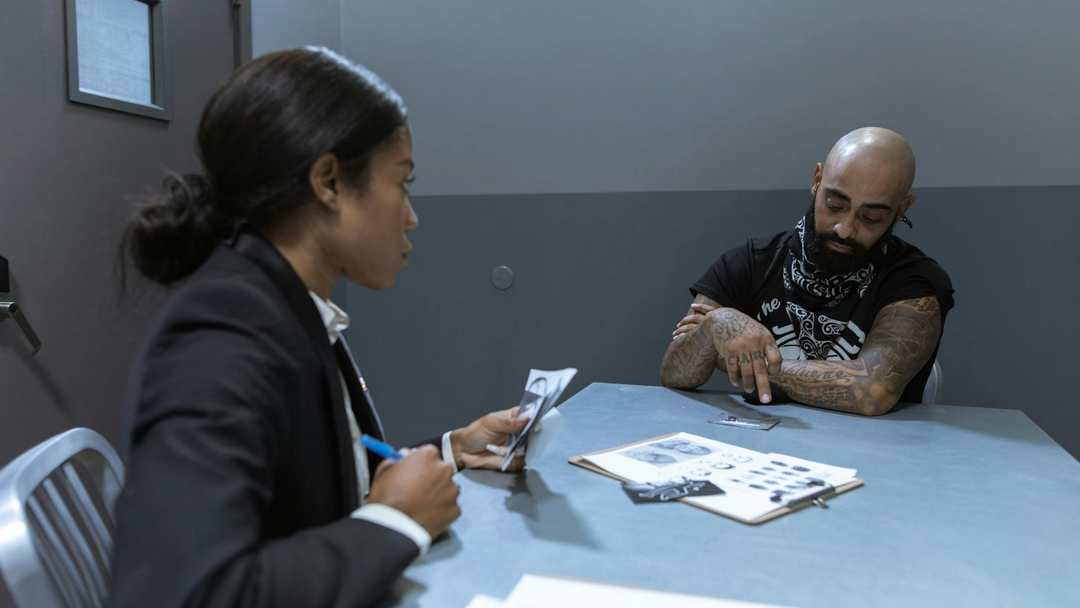
Carrying a Concealed Weapon in Michigan
Carrying a concealed weapon (CCW) in Michigan without proper authorization is a crime.Carrying a concealed weapon (CCW) in Michigan without proper authorization can lead to serious criminal charges. Michigan law has strict regulations regarding firearms, and violating...
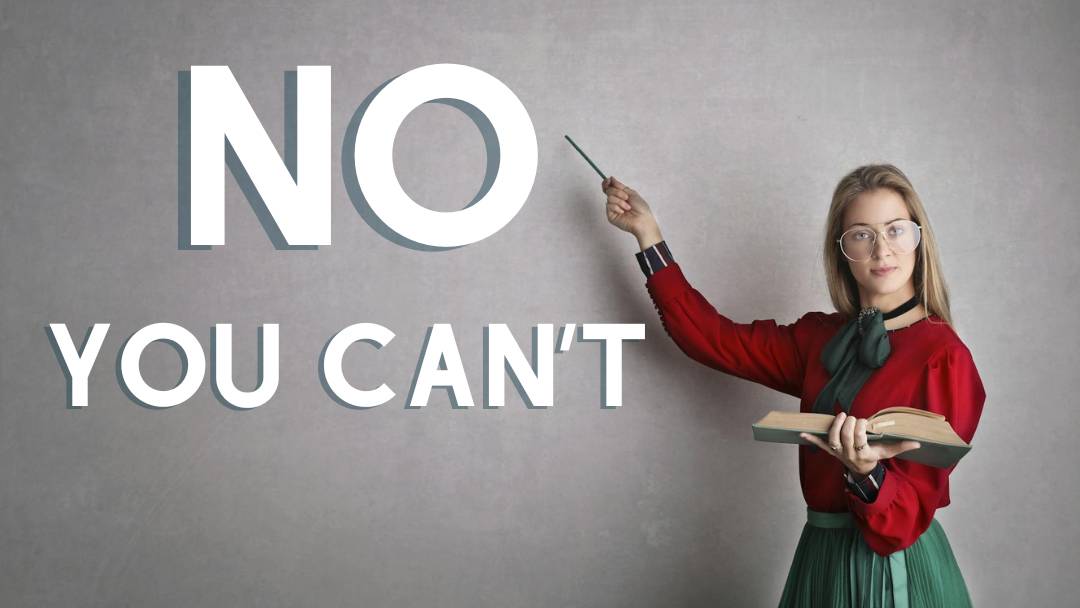
MI Supreme Court Declines to Intervene in Public Records Dispute
Michigan Supreme Court Declines to Intervene in Public Records DisputeTeachers Union and School District at Odds Over Data AccessThe Michigan Supreme Court recently declined to hear a case regarding whether public school teachers' class materials are subject to the...

Felony Firearm Possession in Michigan
Felony Firearm Possession in Michigan.In Michigan, the laws surrounding firearms are strict, especially when it comes to felony firearm possession. If you’re charged with a felony and found to be in possession of a firearm during the crime, the penalties can be...

Do the passengers in your vehicle have 4th Amendment Rights?
Do Passengers in your vehicle have 4th Amendment Rights against Search and Seizure?Passengers in a vehicle are afforded Fourth Amendment protections against unreasonable searches and seizures, though the scope of these rights varies based on the specific circumstances...
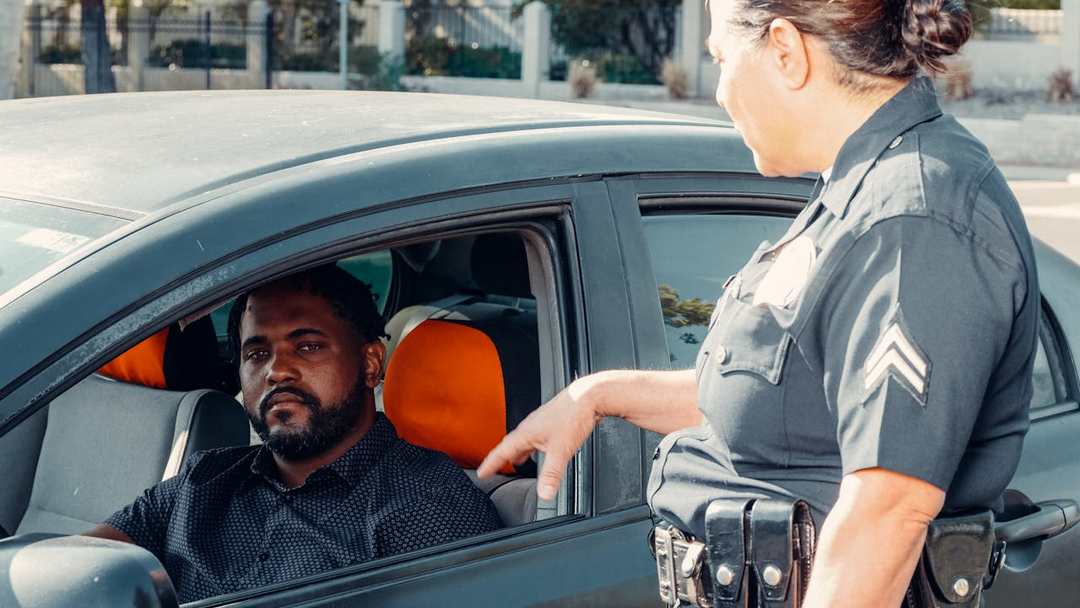
Probable Cause v Reasonable Suspicion
What's the difference between probable cause and reasonable suspicion?Definition of Probable Cause Probable cause refers to the belief held by a reasonable person that a crime is currently being committed, has already been committed, or is likely to be committed in...

Are there exceptions that justify warrantless searches?
Exceptions to your 4th Amendment Rights against Search and Seizure (more to come).The Fourth Amendment of the U.S. Constitution safeguards citizens by prohibiting unreasonable searches and seizures and generally mandates the necessity of a warrant for such intrusions....











